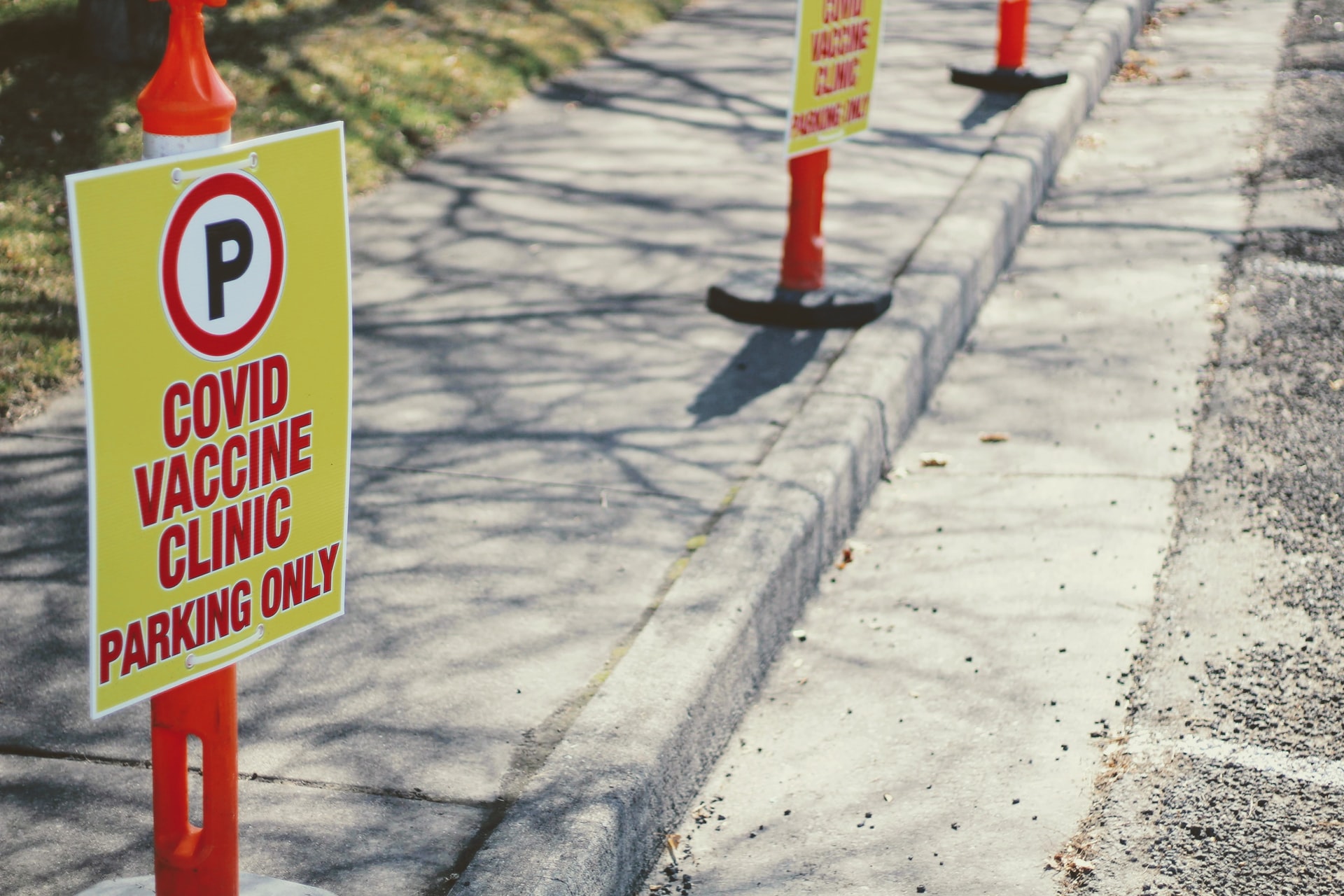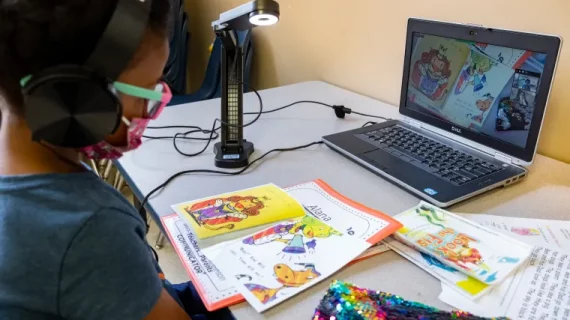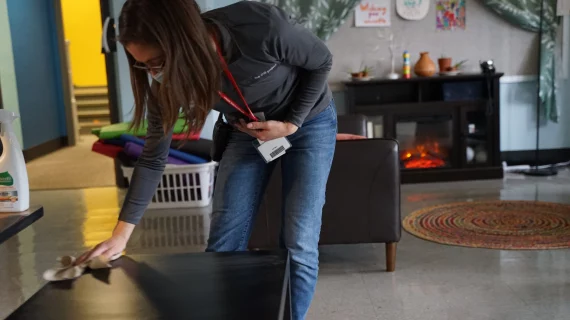
COVID vaccinations for kids under 5 roll out in Pittsburgh area
Photo above by Joshua Hoehne used by permission via Unsplash.
When Maddie Cole turns 3 next month, her mother will take her straight to the COVID-19 vaccination clinic at Walgreens in Bethel Park.
For Maddie’s mother, Kristen Cole, news that the COVID-19 vaccine is now available for children under 5 is a welcome relief. Because she travels for work, the Mt. Lebanon mother of two says she especially values the extra layer of protection that the vaccine can offer her family.
“My main concern is the kids getting COVID in general,” says Cole, whose younger daughter just turned 1. “With vaccinations, that’s a risk I’m willing to take to make sure they’re protected and safe.”
A year and a half after the rollout of the first COVID-19 vaccines, local health officials have begun giving shots to the youngest group: children and babies between 6 months and 5 years of age. After the U.S. Food and Drug Administration authorized emergency use of the vaccine for this demographic last week, the Centers for Disease Control, American Academy of Pediatrics, and the American Medical Association endorsed the decision.
WHERE CAN YOU GET THIS VACCINE?
While the region’s healthcare providers can administer doses to babies as young as 6 months old, pharmacies such as Walgreens cannot give vaccines to anyone under 3 years old. Cole says she’ll head to Walgreens for her children’s vaccines because she and her husband got their shots there. The first emails about availability for young children came to her from her pharmacy as well, Cole says.
UPMC Children’s Community Pediatrics has begun hosting clinics for children under 5. Dr. Pamela Schoemer, medical director of quality, safety and outcomes for UPMC CCP, says the healthcare provider will offer the Moderna vaccine during in-office visits and CCP clinics throughout the region to children between 6 months and 5 years old.
“It took longer to get the vaccine for this age group based on the fact that we’re taking the higher precautions to test and make sure it’s effective,” says Schoemer, who practices at UPMC CCP in Shenango. “I’m excited because it’s caused so much stress for our families, with daycare closures and parents deciding whether someone can participate in an activity.”
Allegheny Health Network is finalizing its process to begin offering the Pfizer-BioNTech vaccine this week to children between 6 months and 4 years old at clinics and during office visits, according to Dr. Michael Petrosky, lead physician at AHN Pediatrics Arcadia Division in Wexford.
WHAT MAKES THIS VACCINE DIFFERENT?
Timing and dose size is the biggest difference in the COVID vaccinations for kids under 5. The Pfizer-BioNTech vaccine is a three-dose series, which means that parents schedule the second dose three weeks after the first shot, and the third dose eight weeks after the second dose. The Moderna series is complete with two 0.25-milliliter doses given a month apart. Kids with compromised immune systems would get a third Moderna shot. The Moderna shot for young children is a quarter of the size that adults receive.
With either vaccine, experts may recommend that kids get boosters in the future.
Because AHN has always offered the Pfizer-BioNTech vaccine to its patients, Petrosky says AHN will continue that practice with its youngest patients. Children who are 4 years old now, for example, will be able to receive the same Pfizer booster after they turn 5.
“I’m relieved knowing we can get better protection to some of our most vulnerable population,” Petrosky says. “It makes me optimistic about where we are going.”
He adds that kids who have active COVID cases or known reactions to any component of the vaccine should wait to receive the shot.
Parents can schedule COVID-19 vaccinations for their children by calling their healthcare provider or visiting vaccines.gov.
The United States is the first country in the world to offer vaccines for children under 5. The White House earlier this week announced that federal resources including the Head Start and Women, Infants, and Children programs will distribute information about vaccine availability to families across the nation.
Myocarditis, an inflammation of the heart muscle, has occurred in rare cases with people who have received either the Moderna or Pfizer-BioNtech vaccine. Side effects from both vaccines include swelling at the injection site, fever, and loss of appetite.





